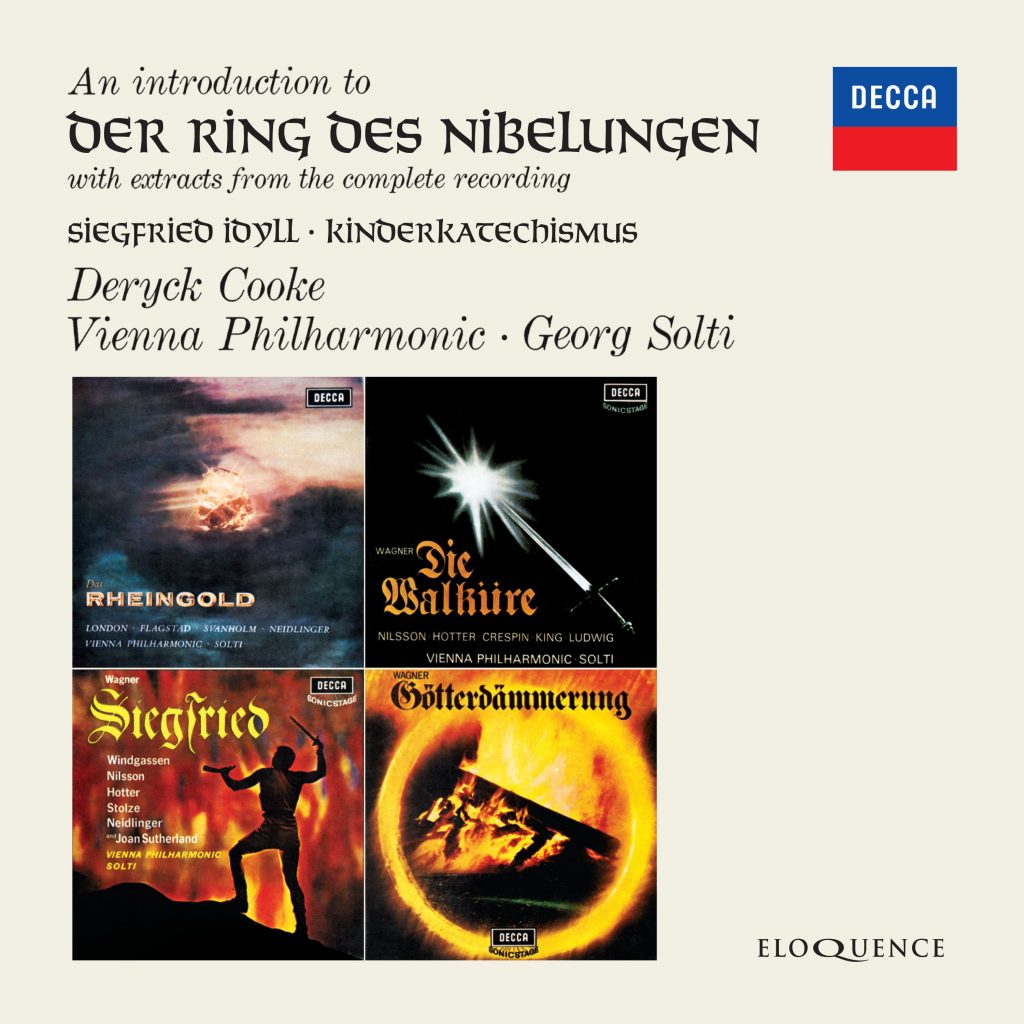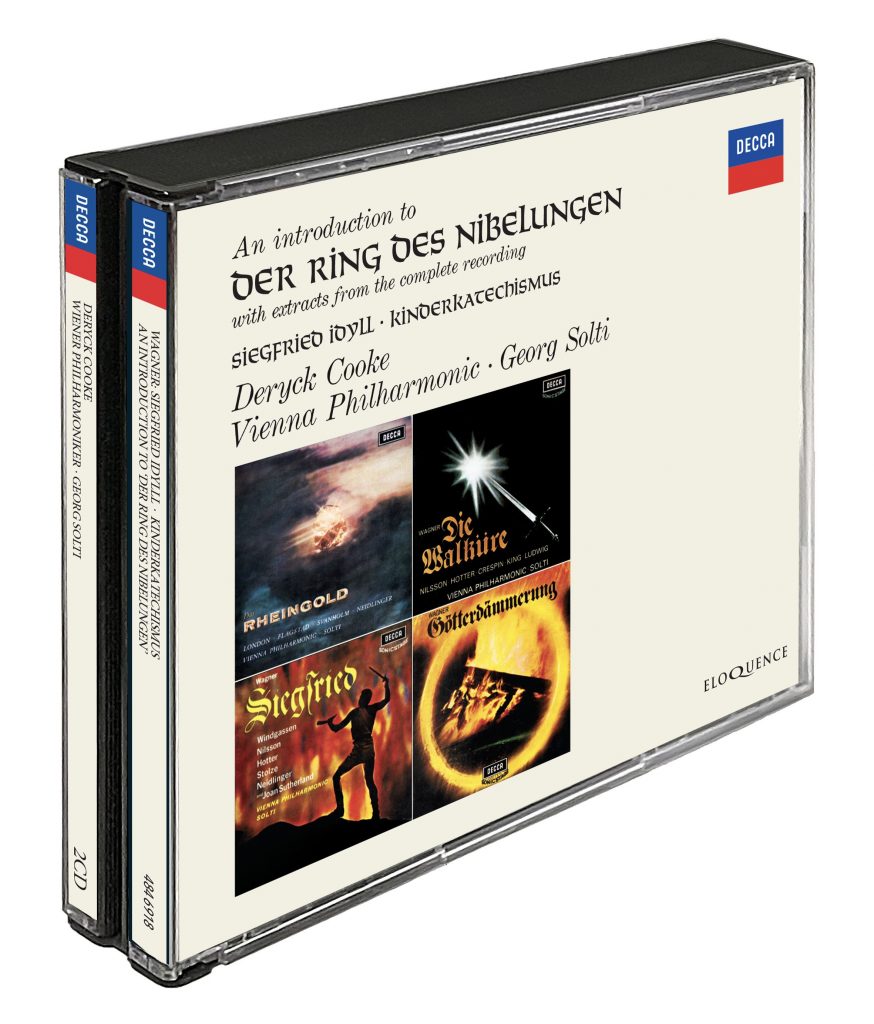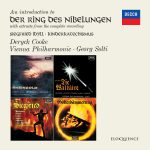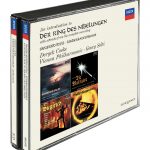

Almost as soon as it reached completion with the release of Die Walküre in 1966, the Decca Ring cycle conducted by Sir Georg Solti was recognised as the greatest achievement in the history of recorded sound. Three years later, the cycle was issued complete for the first time, and it came with a significant appendix: a three-LP introduction to the music-drama, written and narrated by Deryck Cooke.
An English writer on music, Cooke had come to international attention through his completion of Mahler’s sketches for the Tenth Symphony. He was a friend of the Decca Ring’s producer, John Culshaw, who invited him to make this introduction. No academic, but a broadcaster on the BBC’s Third Programme and a pioneer in what might be called popular musicology, Cooke presumed no prior knowledge on the part of his listeners, only a willingness to immerse themselves in the world of the Ring and in its universal themes of love, power, self-knowledge and tragedy.
Outlining the musical leitmotifs which underpin the drama of the Ring, and the part they play in moving it ever onwards, Cooke drew for illustration on excerpts from the complete Decca recording. In addition, Solti and the Vienna Philharmonic recorded many excerpts especially for this introduction – played slower or extended or without voices, to aid comprehension. (Some of these excerpts may have been recorded during rehearsals for various orchestral sections.) Countless listeners have since had their understanding of the Ring immeasurably enhanced by engaging with Cooke’s introduction.
In complement to Decca’s recent remastering of the original recording, Eloquence now reissues Cooke’s introduction on CD, presented just as it was in the original box. Unlike previous digital-era issues, this set also includes the recordings of the Siegfried Idyll, led by the Vienna Philharmonic violinist Walter Weller, and the charming Katechismus which Wagner composed as another birthday present for his wife Cosima.
All six LP sides fit on two generously filled CDs, and the booklet includes full details of the track points as well as newly inscribed musical examples, to help listeners navigate their way around the narrative. Much more than a period-piece, this set remains the ideal introduction to Wagner’s Ring, with much to teach both newcomers and experienced listeners to a perennially challenging and rewarding work of theatrical genius.
RICHARD WAGNER
Siegfried Idyll
Kinderkatechismus
Members of the Wiener Sängerknaben (Kinderkatechismus)
Members of the Wiener Philharmoniker
Walter Weller, leader
Georg Solti
An Introduction to ‘Der Ring des Nibelungen’
with extracts from the complete recording
Deryck Cooke, narrator
Wiener Staatsopernchor
Wiener Philharmoniker
Georg Solti
“The first thing to be said about [Cooke’s introduction] is that it has left me, and will leave most listeners, with an urgent desire to embark on a full hearing of the cycle as soon as possible. That makes it the best kind of introduction … One great value of his talk is that it makes one think, and listen, and possibly discover other things for oneself.” Gramophone, December 1968
“This is a penetrating and profound analysis of the material from which Wagner fashioned his Ring… The whole project has been most skilfully put together … The Cooke analysis will have an ear-opening, mind-expanding result, one that will greatly increase your grasp and enjoyment of what is surely one of man’s greatest artistic achievements.” High Fidelity, September 1969
“From the watery depths of the first page to the burning heights of the last, these elements are analysed in a way that could hardly be bettered for depth of insight or clarity of presentation … This set provides the best possible advertisement, in the best possible sense, for Wagner’s genius, Mr. Cooke’s talents, and Decca’s enterprise.” The Musical Times, October 1969
“Mention must also be made of the late Deryck Cooke’s accurate, scholarly, and extremely beneficial supplementary volume titled An Introduction to the Ring of the Nibelungs, which traces the numerous leitmotifs. It is a valuable addition for any Ring follower, layman included.” Fanfare, March/April 1978


